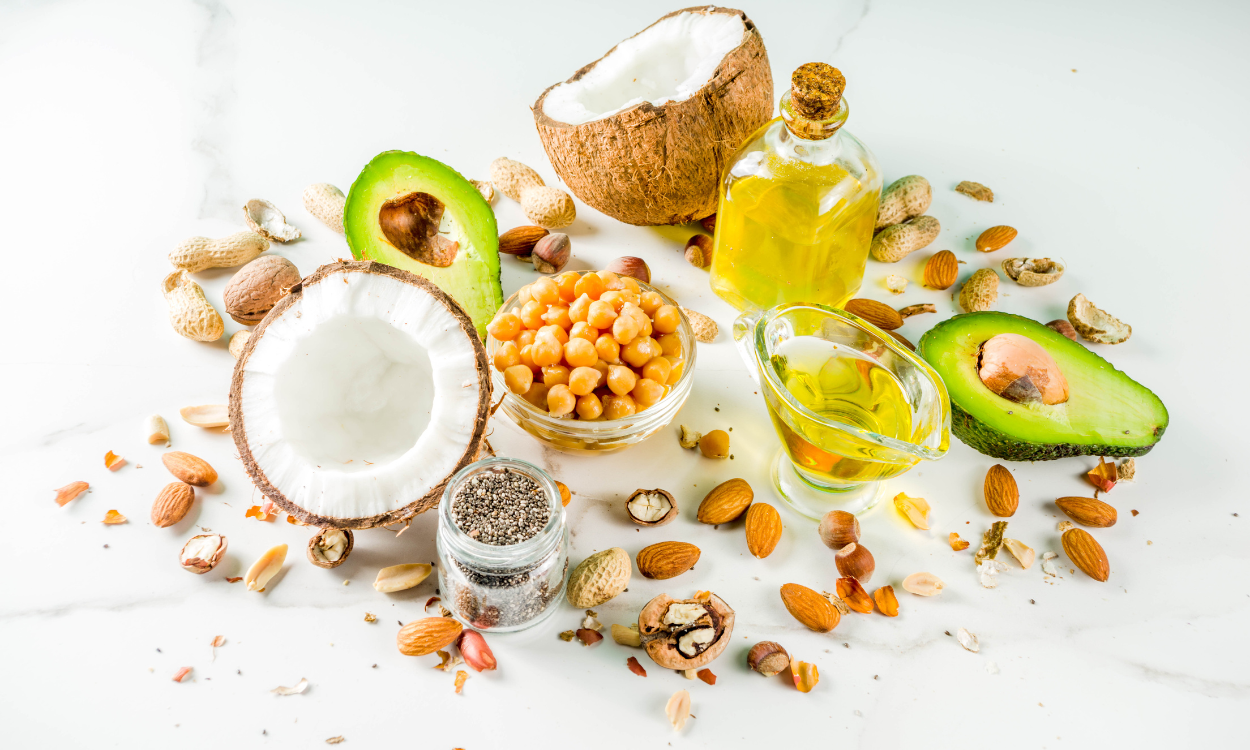Plant protein extraction is a process by which proteins are isolated and extracted from various plant sources such as soybeans, peas, and lentils. With the growing demand for alternative protein sources, plant protein extraction has gained significant attention in recent years. This method allows for the production of high-quality proteins with diverse applications in the food and beverage industry, as well as in pharmaceuticals and cosmetics. Plant protein extraction offers numerous advantages including sustainability, allergen-free properties, and the potential to meet the dietary needs of individuals with specific dietary restrictions. As research and innovation continue to advance in this field, plant protein extraction holds immense promise in meeting the global demand for sustainable and nutritious protein sources.
Optimizing Plant Protein Extraction for Maximum Yield
To optimize the efficiency of plant protein extraction and ensure maximum yield, several strategies can be employed. Firstly, selecting the appropriate plant species and parts with high protein content is crucial. The use of specific techniques such as homogenization, sonication, or enzymatic treatment facilitates the disruption of cell walls and enhances protein release. Optimizing extraction conditions like pH, temperature, time, and solvent choice can also improve protein solubility and yield. Additionally, employing advanced technologies such as high-pressure processing or microwave-assisted extraction can further enhance extraction efficiency. Finally, adopting a purification step post-extraction, such as centrifugation or filtration, helps eliminate impurities and concentrate the protein, resulting in higher overall yield.

Are there any potential side effects or drawbacks associated with consuming plant proteins extracted through certain methods?
There can be potential side effects or drawbacks associated with consuming plant proteins extracted through certain methods. One possible concern is the presence of anti-nutrients that can hinder mineral absorption or cause digestive issues. Additionally, certain extraction methods like chemical solvents or high heat may alter the protein's structure, reducing its nutritional value. Some individuals may also experience allergies or sensitivities to specific plant proteins. However, these side effects and drawbacks can vary depending on the specific plant protein and extraction method used, so it is important to consider individual tolerances and dietary needs.
What factors influence the taste and texture of plant proteins extracted from different sources?
The taste and texture of plant proteins extracted from different sources are influenced by several factors. Firstly, the composition of the plant protein itself plays a crucial role, as different plants contain varying levels of carbohydrates, fats, fibers, and other components that impact their taste and texture. Secondly, the extraction methods used can affect the final product's properties, as some techniques may alter the protein structure and consequently modify its taste and texture. Additionally, processing conditions such as temperature, pH, and time can also influence the resulting flavor and consistency. Furthermore, the presence of other compounds, such as minerals, vitamins, and phytochemicals, in the plant protein can contribute to its taste and texture profile. Lastly, individual preferences and cultural influences may further shape the perception of taste and texture, making it subjective to personal experiences and culinary traditions.
Is it possible to extract all essential amino acids from plants, or are there limitations in terms of their availability?
It is possible to extract all essential amino acids from plants, although there may be limitations in terms of their availability. While most plants contain some amount of essential amino acids, not all plants have high enough concentrations to meet the recommended daily intake. Additionally, certain essential amino acids may be limited in specific plant foods, requiring a diverse and balanced diet to ensure adequate intake of all essential amino acids.
Can new technologies or techniques be developed to enhance the nutritional profile of plant proteins during the extraction process?
Yes, new technologies or techniques can be developed to enhance the nutritional profile of plant proteins during the extraction process. For example, methods such as enzymatic hydrolysis, fermentation, and genetic modification can be used to improve the digestibility and bioavailability of plant proteins, increase their amino acid content, reduce antinutritional factors, and enhance their functional properties. Additionally, advancements in processing technologies like high-pressure processing, ultrasound-assisted extraction, and membrane filtration can help retain more nutrients and bioactive compounds while removing unwanted components from plant protein extracts. These developments have the potential to significantly improve the nutritional quality and usefulness of plant proteins, making them more attractive alternatives to animal-based proteins.

How does the geographic location or climate of plant cultivation affect the composition and quality of the extracted proteins?
The geographic location and climate of plant cultivation play a significant role in determining the composition and quality of extracted proteins. Different regions have varying soil conditions, temperature ranges, rainfall patterns, and sunlight exposure, which can directly impact the growth and development of plants. These environmental factors influence the availability of nutrients, water, and light, thereby affecting the synthesis of proteins in plants. Additionally, variations in climatic conditions can lead to changes in gene expression and protein accumulation, resulting in differences in the types and concentrations of proteins present in harvested plant material. Therefore, the geographic location and climate of plant cultivation can highly influence the composition and quality of extracted proteins.
Are there any undiscovered plant species that may hold significant potential for protein extraction?
Yes, there is a possibility of undiscovered plant species that may hold significant potential for protein extraction. The Earth is home to a vast variety of plant species, and many of them remain unexplored or undocumented. These undiscovered plants could potentially contain unique and valuable proteins that could be extracted and utilized for various purposes such as food production, pharmaceuticals, or renewable energy sources. However, further research and exploration are needed to identify and evaluate these potential plant species for protein extraction.
How do different extraction methods impact the sustainability and environmental footprint of plant protein production?
Different extraction methods have varying impacts on the sustainability and environmental footprint of plant protein production. For instance, traditional solvent-based methods often involve the use of harmful chemicals, leading to pollution and health risks. On the other hand, emerging technologies like aqueous extraction or mechanical separation are considered more sustainable as they require fewer chemicals and energy inputs. Additionally, these methods can also result in higher yields and reduced waste, further reducing their environmental impact. Therefore, choosing an extraction method that minimizes chemical usage and energy consumption is crucial for improving the sustainability and reducing the environmental footprint of plant protein production.
The Future of Plant Protein Extraction: A Sustainable Solution for a Growing World
In conclusion, plant protein extraction is a crucial process that plays a significant role in meeting the growing demand for sustainable and nutritious food sources. It offers numerous advantages such as reduced environmental impact, versatility in applications, and improved health benefits compared to animal-based proteins. With advancements in technology and research, the extraction methods continue to evolve, enabling the production of high-quality plant proteins with enhanced functionalities. As more people embrace plant-based diets, the importance of efficient and sustainable plant protein extraction will only continue to grow, contributing to a healthier planet and population.
